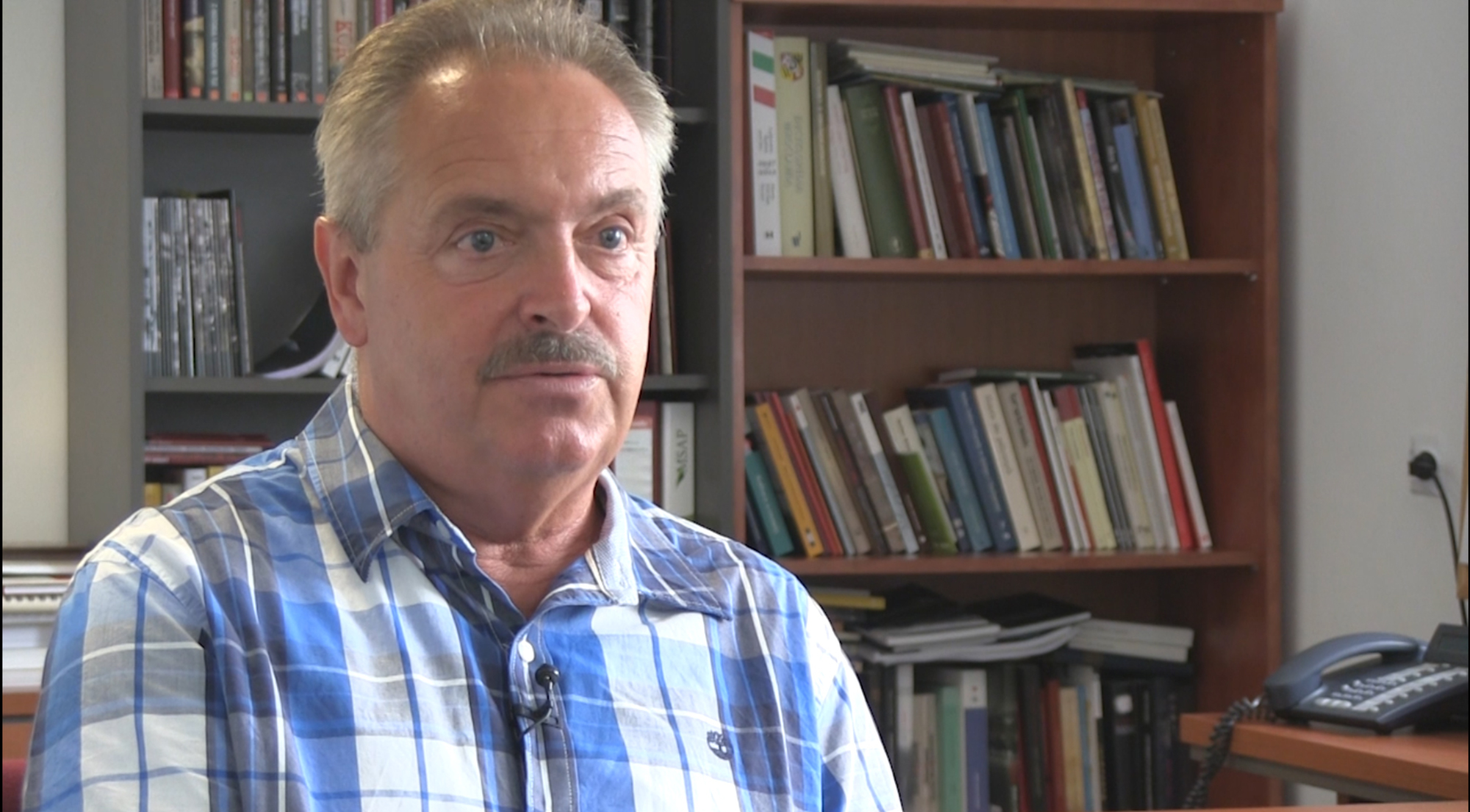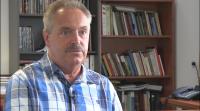"I obtained information [on the initiated strike at the Grabiszyńska street - ed.] and I came back with my friend to PKS. A certain number of drivers had already been there: some had returned [from the service - ed.], others were leaving, and we started talking to each other. And they said louder and louder: listen, if they are on strike, then we should be too. Someone arrived and said: listen, MPK is on strike, they are returning...- more and more people had learned from the drivers and bus conductors had been saying...And we started to talk. I began to explain to them what it all meant, that it meant supporting Gdańsk, that the coast was on strike and we would support the coast. Nothing more - no [new demands - ed.], because they were saying that maybe one more thing, maybe a rise? I said: listen, from what I’ve learned, if we want, we can strike and support, and perhaps at a later date [we will add demands - ed.]. And the discussion started: okay! A few other such “diehards” stood up: what? no problem, we will be returning! So, what are we going to do? I said: listen, in MPK they are returning back [to the depot - ed.], they have a barrier there, they are closing it, they are not leaving, the buses are not running. And that’s how it lead to us organising it slowly at our workplace, there was a hype. A moment later, the management rushed out of the building: what are we doing? that we aren’t allowed! One workmate thought and said: listen - at our workplace it was like that - we would drive in through one gate from Prądzyński street, and we would exit onto Kościuszki street from the outside of the building - the building is still standing, because the exit was outside the building. There were barriers, but the barriers weren’t enough so they parked two buses across and later two additional buses, so they wouldn’t drive in, and the gate was closed. When we closed the gate, the then Director ordered to open it. So they opened the gate. I didn’t think long: alongside, at the corner of Prądzyński street there was a metal shop - by the way, it’s still there - I went there, I bought I think two metres of a massive chain and a padlock, and we wrapped the chain around the gate - around those two gate leaves - and put the padlock on, and guys brought large bolts and put them into the links [of the chain - ed.] and bolted them on so no one could open it for the time being. And that’s how it started."

